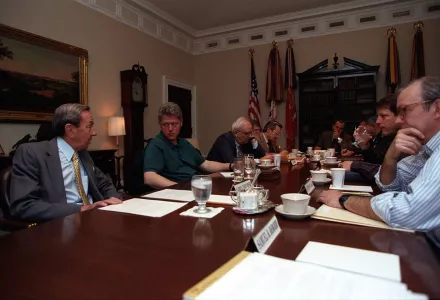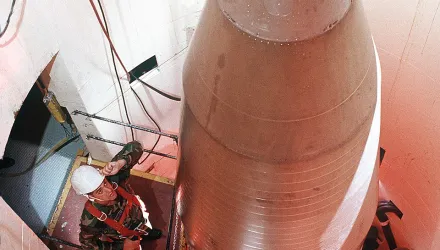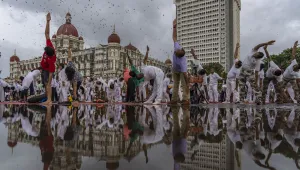Speaker: Amanda J. Rothschild, Research Fellow, International Security Program
The U.S. response to mass killings abroad has been the subject of frequent debate and critique. Critics argue that the United States has failed to adequately apply its immense military and soft power to halt these massacres throughout history. Conventional arguments suggest that a lack of "political will" for engagement has led to limited responsiveness. Yet scholars and policymakers still understand very little about what specifically contributes to "political will," and why the United States does change policy to respond more forcefully in certain cases. Drawing on historical materials collected from research at eight archives, this seminar will offer a theory of presidential decision-making in response to mass killing, illuminating the historical factors that typically lead to changes in policy and uncovering dramatic stories of internal government infighting, secret deliberations, and cover-ups, as various administrations have struggled to define their policy response.
Please join us! Coffee and tea provided. Everyone is welcome, but admittance will be on a first come–first served basis.




